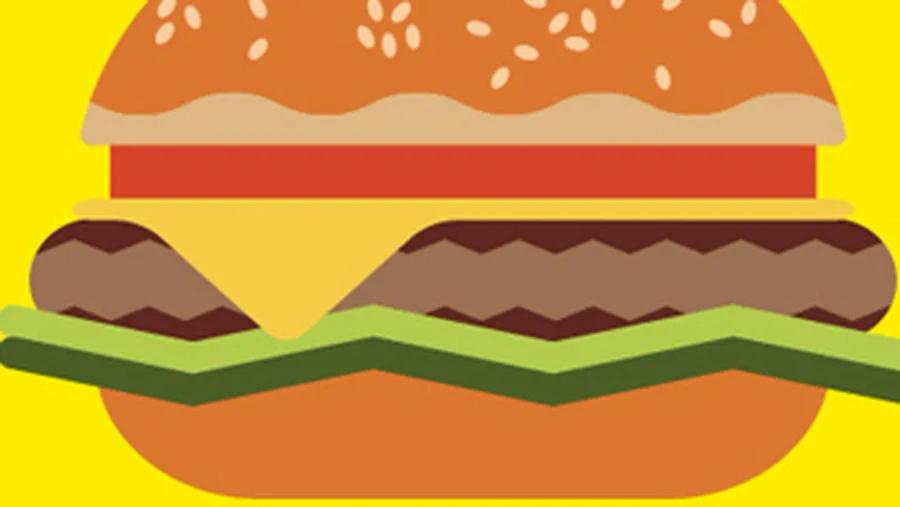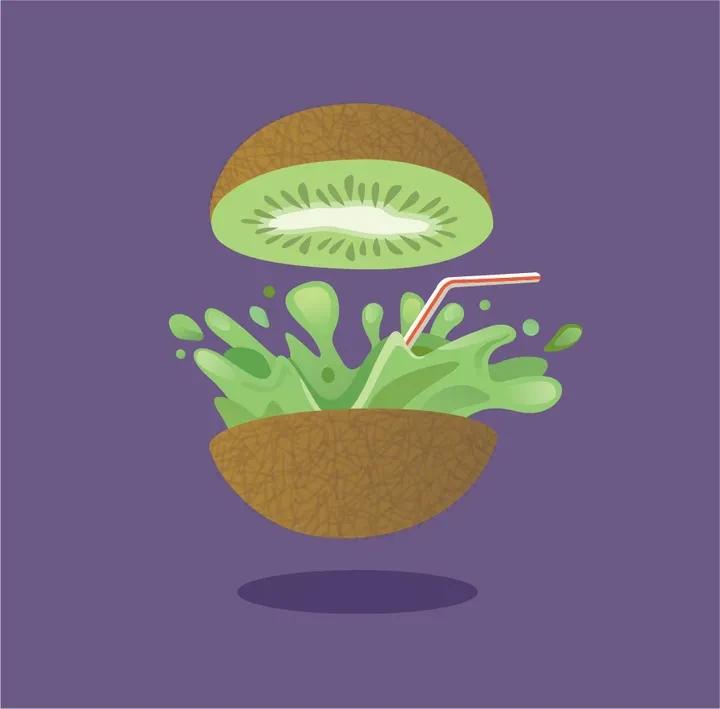I asked 8 researchers why the science of nutrition is so messy. Here’s what they said.
Curated from: vox.com
1
Explore the World's Best Ideas
Join today and uncover 100+ curated journeys from 50+ topics. Unlock access to our mobile app with extensive features.
Nutrition is not a simple science
In the distant past, studying nutrition was a relatively simple science. Diseases such as scurvy, pellagra, anaemia and goitre were solved by developing hypotheses and running experiments until they found what was missing in people's diets.
However, nutrition is no longer that simple. Today, our greatest health problems are related to overeating. People eat too many calories from too much low-quality food, causing chronic diseases like cancer, obesity, diabetes, and heart disease. These diseases develop over a lifetime, and fixing them is not as simple as adding a few oranges to the diet.
9
47 reads
It's not practical to run randomized trials
The randomized controlled trial is considered the gold standard for many areas of medicine. People are randomly assigned to two groups, and the only significant difference between the groups is the treatment.
But with nutrition, it's too difficult to randomly assign different diets to people and assume people will stick with the specific diets for years to find clues if certain foods caused certain diseases. Scientists can't lock people up to ensure they stick to the diet. At best, studies can only measure short-term effects.
9
29 reads
Nutrition researchers have to rely on observational studies
Studies that track very large numbers of people who already eat a certain way can be very valuable. For example, that is how scientists learned about the dangers of smoking and the benefits of exercise.
But observational studies are rife with uncertainty. These studies aren't controlled like experiments, and they're less precise and noisy. Health outcomes could also be the result of a higher income or better educated, or being more health-conscious.
9
29 reads
Many nutrition studies rely on (wildly imprecise) food surveys
Many observational studies rely on surveys and have subjects report on their diets.
An obvious challenge is that people don't remember what they ate for lunch yesterday or if they sprinkled something over the salad or snacked afterwards. Yet, much nutrition research rests on people's self-reporting from memory of what they ate. Many people also lie about what they eat, offering more socially acceptable answers.
9
20 reads
People and food are diverse
Researchers discovered that different bodies have very different responses to the same food. This makes nutrition research more difficult.
Israeli scientists tracked 800 people over a week, monitoring their blood sugar levels to see how they responded to the same foods. Every person responded differently to identical meals, suggesting that health and nutrition cannot be simply understood by assessing what people eat.
9
23 reads
Conflict of interest
Nutrition science is horribly underfunded by the government, so food companies and industry groups sponsor research.
Industry-funded studies tend to have results that are more favourable to the industry.
9
24 reads
Nutrition science isn't futile
Researchers have used all these imperfect tools to learn important things over the years.
Nutritional research contributed to the knowledge that folate deficiency among pregnant women causes congenital disabilities or that drinking too much soda increases the risk of diabetes and fatty liver disease.
9
23 reads
What nutrition science to trust
- Always consider all the available research on a question, not just single studies. Meta-analyses or systematic reviews are helpful.
- Different types of studies on a question, such as clinical trials, observational data, and lab studies, should all point toward a common conclusion.
- Paying attention to the source of funding behind the research is key. Research funded by independent government agencies or foundations tends to be more credible.
9
25 reads
IDEAS CURATED BY
James Hall's ideas are part of this journey:
Learn more about food with this collection
Improving sleep through mindful breathing exercises
Practicing stress reduction and relaxation techniques
Establishing a relaxing bedtime routine
Related collections
Similar ideas
3 ideas
Why Weight Loss Diets Fail
self.com
1 idea
Health Benefits of Chia Seeds and Nutrition Value
megabloginfo.com
4 ideas
The Pros And Cons Of The Paleo Diet
huffpost.com
Read & Learn
20x Faster
without
deepstash
with
deepstash
with
deepstash
Personalized microlearning
—
100+ Learning Journeys
—
Access to 200,000+ ideas
—
Access to the mobile app
—
Unlimited idea saving
—
—
Unlimited history
—
—
Unlimited listening to ideas
—
—
Downloading & offline access
—
—
Supercharge your mind with one idea per day
Enter your email and spend 1 minute every day to learn something new.
I agree to receive email updates






